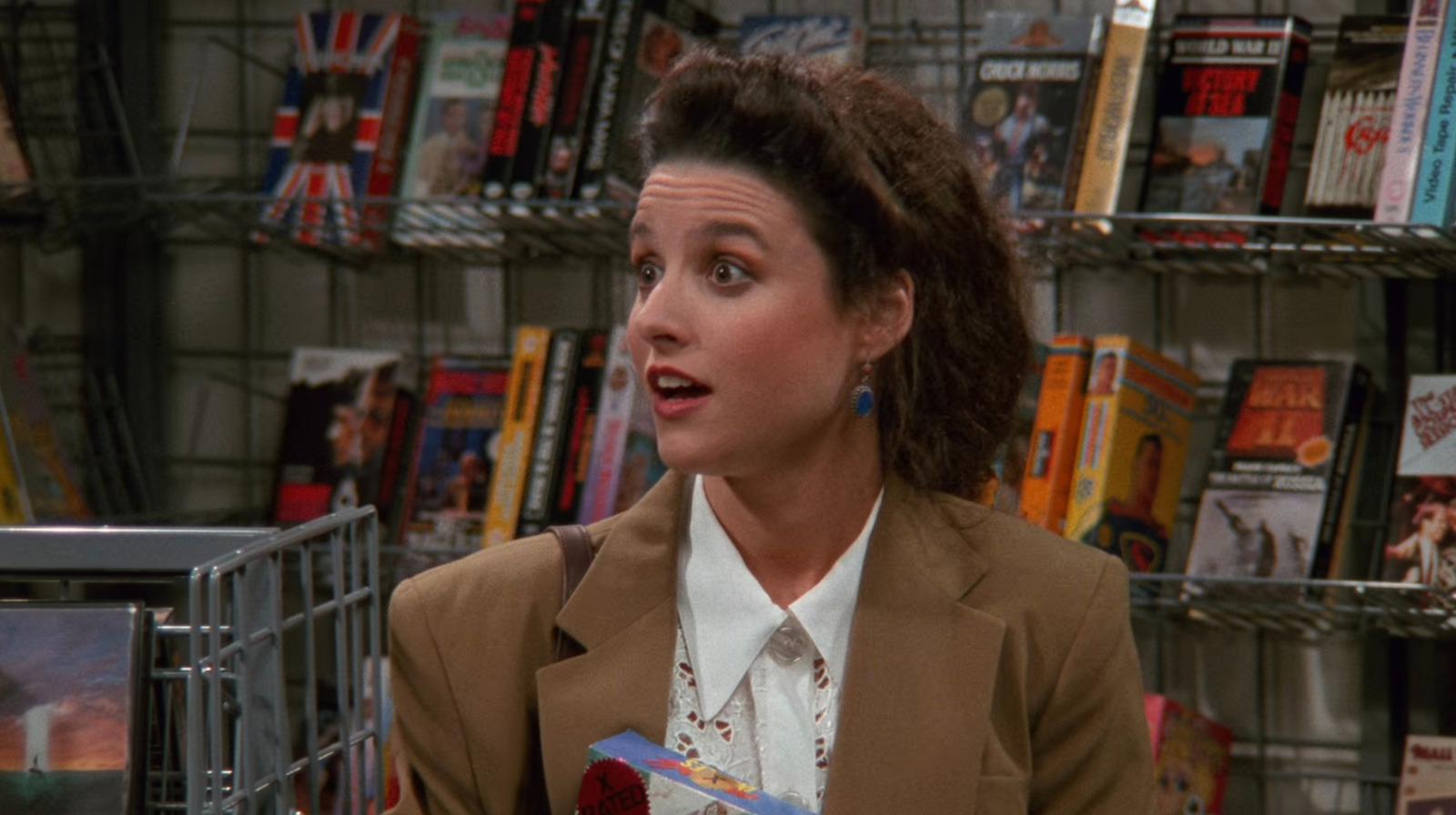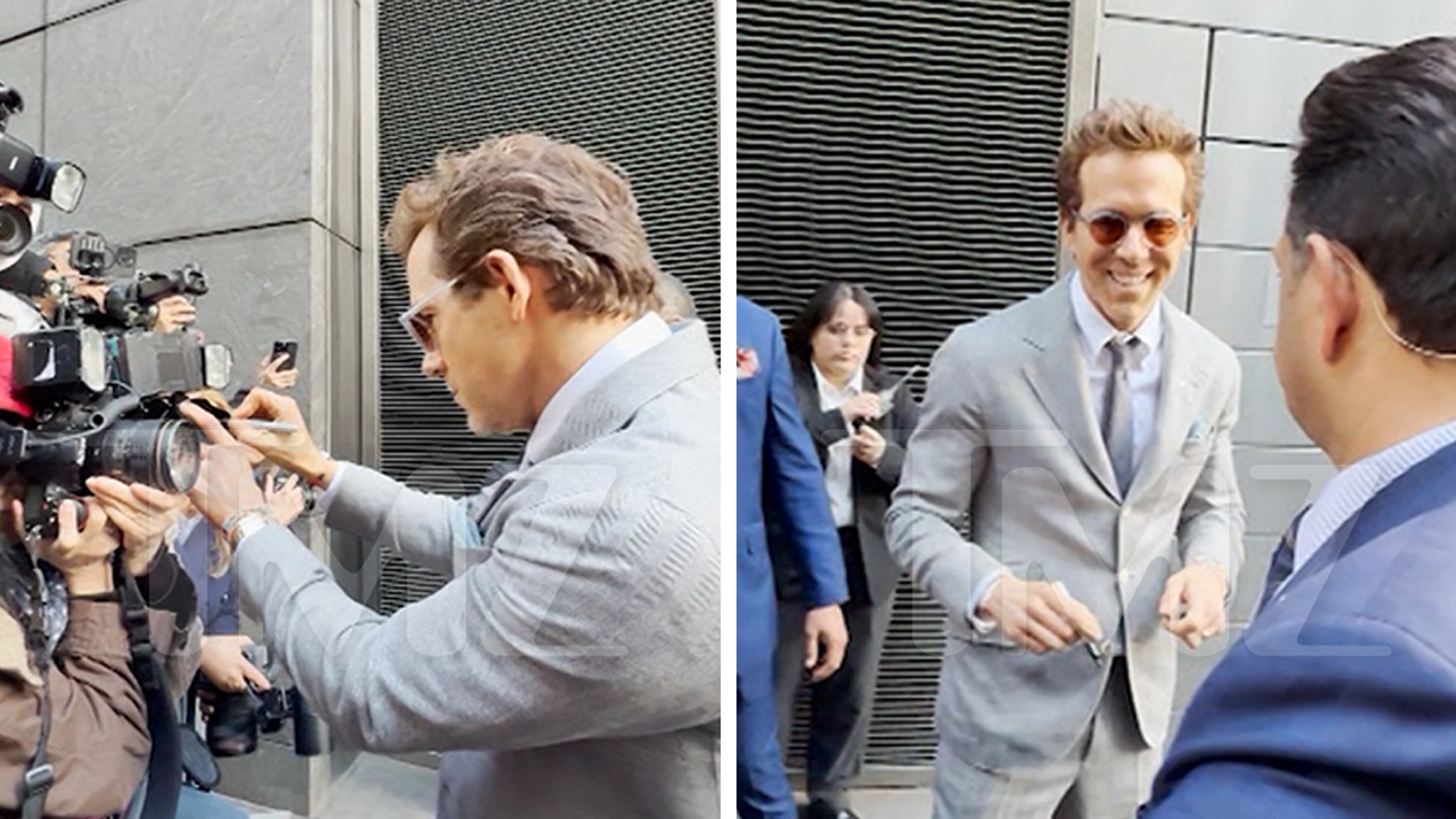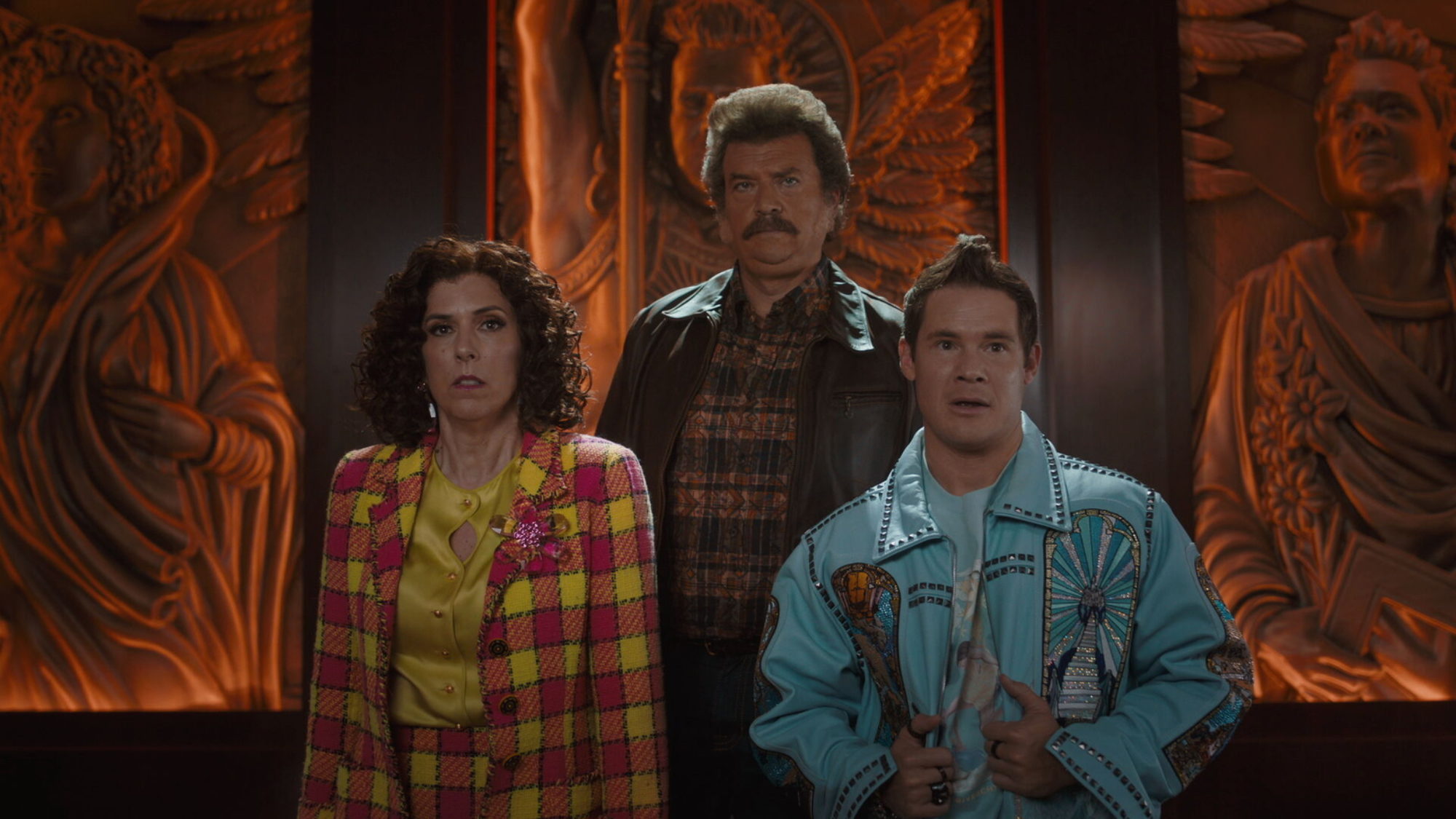Nathan Fielder's 'The Rehearsal' Season 2 Episode 2 Pushes Boundaries of Sensitivity and Humor

Warning: This post contains spoilers for Episode 2 of The Rehearsal Season 2. In just its second episode, Season 2 of Nathan Fielder's groundbreaking HBO series The Rehearsal is already stretching the limits of what viewers might find acceptable. This is hardly surprising, given Fielder's history of creating uniquely provocative content, including his previous projects The Curse and Nathan for You. Known for his ingenious and sometimes unsettling approach to comedy, Fielder consistently challenges societal norms and expectations.
In fact, one particular episode from Nathan for You plays a crucial role in the latest installment of The Rehearsal. Following a premiere that laid the groundwork for this season's exploration of aviation safety, Episode 2 takes unexpected turns that are characteristic of Fielder's style. One particularly notable diversion involves the removal of an episode of Nathan for You from its streaming platform, Paramount+, and how this incident connects to The Rehearsal's overarching theme of empowering individuals in complicated real-life scenarios.
During the Season 2 premiere, Nathan Fielder introduced a provocative theory suggesting that a significant number of airplane crashes can be attributed to co-pilots' reluctance to voice their concerns to captains when they sense something is wrong. Episode 2 builds on this premise by comparing such communication barriers to Fielder's own struggle to confront Paramount about the removal of Season 3, Episode 2 of Nathan for You. This episode was taken down due to "sensitivities" surrounding its content.
In the controversial 2015 episode entitled Horseback Riding/Man Zone, Fielder, who is Jewish, collaborated with a rabbi to create an exaggerated Holocaust awareness-themed clothing display that included Nazi flags and a recreation of the infamous "Arbeit Macht Frei" sign from Auschwitz. This stunt was designed to promote his outdoor apparel brand, Summit Ice, born out of a scandal involving Taiga, the manufacturer of a jacket he wore during filming, which had paid tribute to a Holocaust denier in one of its catalogs.
What started as an audacious marketing stunt evolved into a charitable initiative that gained traction among celebrities, with figures like Jack Black and John Mayer sporting Summit Ice jackets shortly after the episode's airing. Remarkably, the clothing line generated over $300,000 in sales within just two months, with all profits dedicated to the Vancouver Holocaust Education Centre. In Episode 2 of The Rehearsal, Fielder proudly announces that Summit Ice has since raised millions for Holocaust awareness, dubbing it one of his greatest achievements.
As Fielder unravels this narrative, he reveals that Paramount+ Germany made the decision in late 2023 to remove the controversial episode following discomfort with any content addressing anti-Semitism in light of the recent Israel/Hamas conflict. This decision sparked a ripple effect, causing other European branches of Paramount to take similar actions, ultimately leading to the episode's removal worldwide. Fielder pointedly notes that at the time of filming for The Rehearsal, the Paramount+ app featured 50 search results for "Nazi," 10 for "Hitler," and, perplexingly, none for "Judaism." For those interested, the episode remains unavailable on Paramount+ but can be streamed on Max or purchased on Prime Video.
In a bid to navigate his predicament with Paramount, Fielder employs a unique method by casting an actor to portray him, complete with the email exchanges he had with the streaming service regarding the contentious issue. What made this situation particularly tricky was that Paramount is currently airing a different series of mine, a scripted drama that hadnt yet been renewed, Fielder explains, referencing The Curse. How I communicate with them could have serious repercussions for my career, much like the stakes faced by co-pilots.
To explore how to interact constructively with Paramount, Fielder constructs a set that calls to mind a Nazi war room and hires an actor dressed in period attire to engage in a dialogue with him. The interaction starts with Fielder acknowledging Germanys efforts to overcompensate for its historical transgressions. He expresses concern that, by censoring the works of Jewish artists, they might inadvertently send the wrong message about their actual ideals. Believe it or not, were on the same side, he concludes, attempting to foster understanding.
However, the scene unfolds in a manner that challenges the sincerity of Fielder's intentions. As he encourages his scene partner to express himself more freely, the actor breaks character, questioning the authenticity of Fielder's motives. You dont genuinely wish to grasp the Paramount+ perspective or the German viewpoint, he asserts. Look at you, pretending to be serious. This isnt sincere. Just a man with a grudge using his television show to smear us instead of genuinely trying to understand. This sharp exchange cuts to the essence of a critical question underlying Fielder's work: can he, a comedian known for his capacity to humiliate others, achieve credibility on an issue that genuinely matters to him? As TIME TV critic Judy Berman eloquently observed, Fielder is walking a precarious tightrope to convey that message.




























